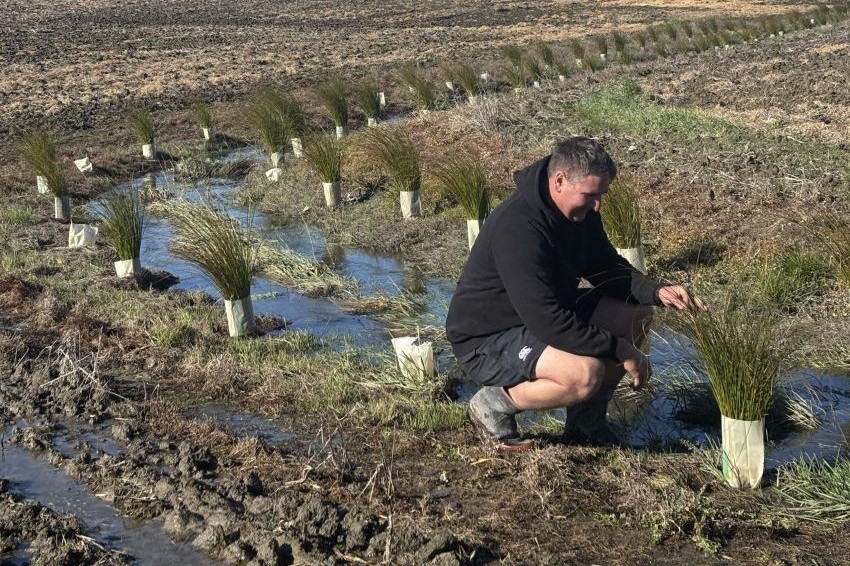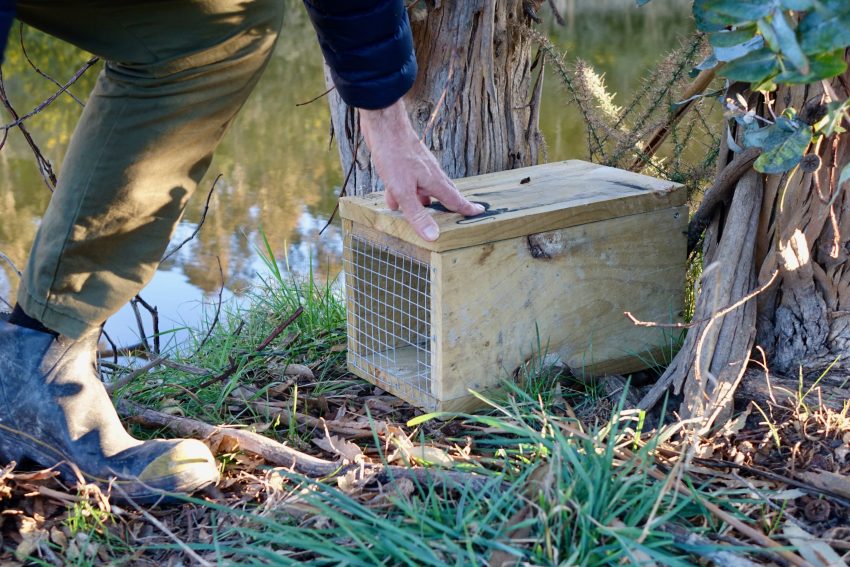Farm forester Denis Hocking sifts through the Tax Working Group’s Interim Report for scant mentions of forestry.
Back when I was young and overwhelmed with enthusiasm, forestry was a regular target for changes in tax regimes and/or various changes in government support.
In the mid-1980s then New Zealand Farm Forestry Association president, John Mortimer pointed out that there had been 13 tax changes since 1960, an average of every two years. Since then there has only been one major tax change, along with plenty of changes in government policies, subsidies and regulatory changes, notably the ETS, Afforestation Grants Scheme, National Environmental Standards, etc. So foresters may be interested to see whether forestry surfaces in the Tax Working Party’s Interim Report released in September.
The answer would appear to be no, though I certainly can’t guarantee not missing some references in a lengthy document on a subject I find less than gripping. The only reference I noticed was on P27 – “Some industries benefit from deliberate tax concessions. Examples include accelerated deductions for certain types of farming, film and forestry expenditure as well as petroleum mining. The Government should keep these concessions under periodic review to ensure they remain consistent with its policy intent”.
This meant that repairs after a storm could be tax-deductible “maintenance”, while planting trees to mitigate such damage would be taxable expenditure.
I remember well the evolution of this concession – immediate tax deductibility for forestry development against any income.
After the Brash Committee report on tax in 1986, the Labour Government wanted to put all investment on an equal footing, including forestry, despite its much longer time horizon. However, this meant that repairs after a storm could be tax-deductible “maintenance”, while planting trees to mitigate such damage would be taxable expenditure.
The compromise was allowing farmers to spend, annually, $7500 tax-free on trees. This covered most farm foresters’ tree budget but left the corporates and larger foresters without any concessions. They had to put their establishment and silvicultural spending in a “cost of bush account”, and only deduct it from taxable income when they sold or harvested the trees.
This attempt at ideological purity overlooked the fact that they were trying to squeeze a 25-30-year investment into a taxation system based primarily on a one-year financial cycle. In addition, with the 1980s’ double-digit inflation the real value of your “cost of bush” deduction would look rather pathetic by harvest.
In 1991 the Bolger National Government with John Falloon as Minister of Forestry, removed restrictions and made all expenditure on forestry deductible in the year spent. This was probably one stimulus for the 1990s planting boom, along with the price spike of 1993.
Foresters were generally happy, but there are situations where the “cost of bush” tax rules still apply. If an established forest is sold, the vendor must pay tax on their returns as income for the year of sale, but the purchaser must put the purchase price into a “cob” account and only deduct it from the proceeds of harvesting, or on-selling the trees.
While inflation is no longer the wrecker it was 30 years ago, it still has the ability to shrink the deduction’s real value significantly. Over 20 years an average 2% inflation will shrink the real value by 32%, and an average 5% inflation by over 60%.
As my accountant is quick to point out, other industries work under similar rules, eg: land developers, but I am not sure any regularly operate on such long time scales. It is probably a significant factor in reducing the liquidity of forest blocks and thus making them less-appealing for retail investors. Establish a new forest and your deductions are immediate, buy an established forest and your deductions are delayed.
One palliative might be inflation adjustment and here we do get a good lead on the Tax Working Party’s thinking. In an appendix on inflation they recognise the greater equity and efficiency of a tax system that corrects for inflation and its corrosive effect on the value of money, but they then look at the technical and administrative problems of managing it.
Inflation adjustments would have to be pushed into all corners to avoid people gaming the system. Only one country, Israel, has tried a form of inflation proofing which they abandoned in 2008. The Tax Working Party doubts it is worth the effort. Any tax changes for forestry seem unlikely.




